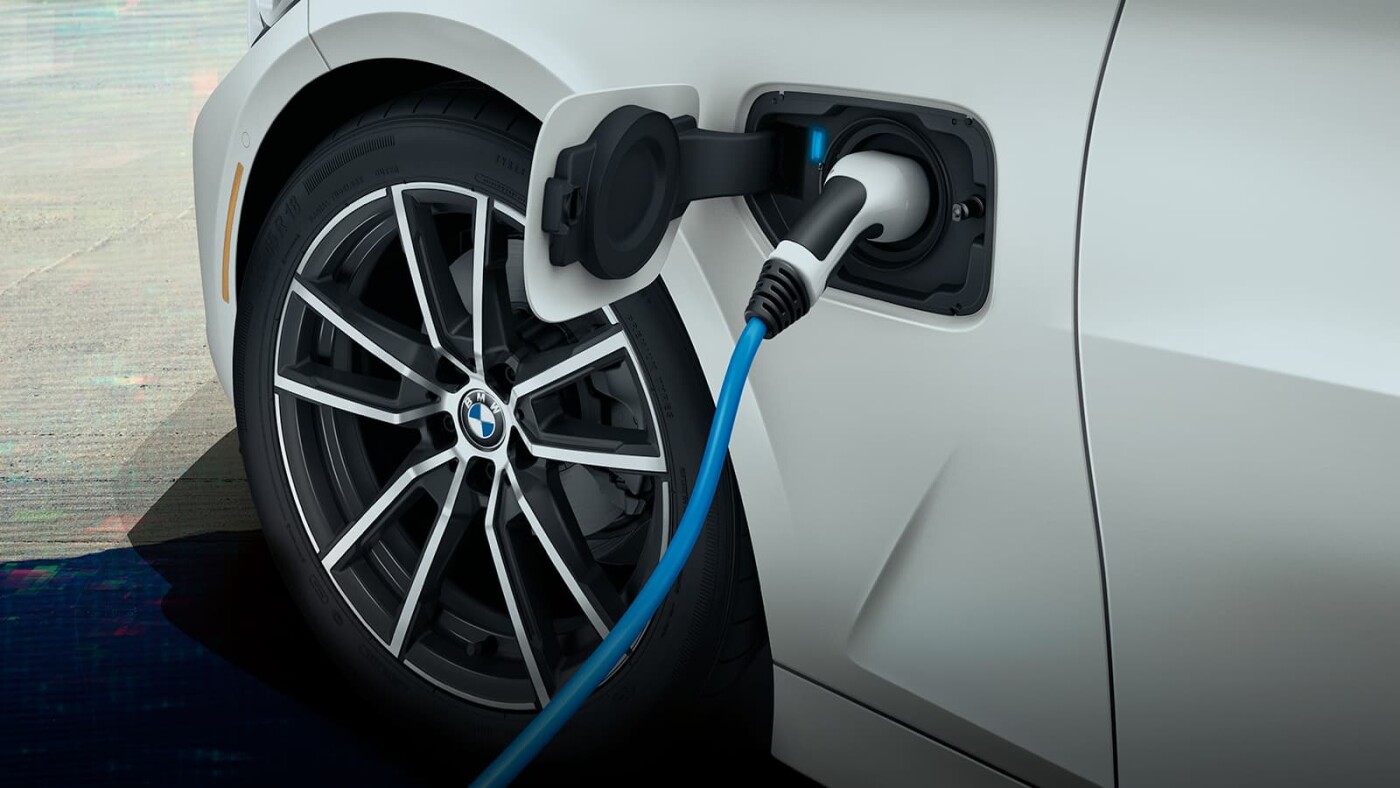A recent study gives more information on the real-world emissions of petrol, diesel, and plug-in hybrid vehicles which has sent shockwaves through the automotive industry. With a vast data sample of 600,000 cars, the findings indicate that the actual CO2 emissions of these vehicles significantly exceed the official values provided by manufacturers. While it’s not uncommon for there to be a variance between laboratory test results and real-world emissions, the extent of the disparity is striking.
Conventional petrol and diesel vehicles were found to emit around 20% more CO2 than their advertised values, a concerning figure in itself. However, the most alarming revelation came regarding plug-in hybrid vehicles (PHEVs), whose real-world emissions were a staggering 3.5 times higher than their test values. The discrepancy in PHEV emissions is attributed to a crucial factor: many PHEV owners fail to consistently charge and drive their vehicles in full-electric mode, as assumed during testing. This highlights a significant gap between the intended usage of PHEVs and their actual operation in the hands of consumers.
Acknowledging the need for action, regulatory bodies are already taking steps to address this issue. The European Commission has announced plans to revise calculations for emissions testing, with changes slated to take effect from 2025. These revisions aim to provide a more accurate reflection of real-world emissions, thereby ensuring greater transparency and accountability in the automotive sector. Beyond CO2 emissions, the study also uncovered discrepancies in fuel consumption figures obtained through Worldwide Harmonised Light Vehicles Test Procedure (WLTP) tests.
Notably, WLTP tests were found to overestimate the fuel efficiency of petrol, diesel, and PHEV vehicles by up to 23%, further highlighting the need for more rigorous and reliable testing standards. As the automotive industry grapples with these findings, there is a pressing need for increased awareness among consumers and stricter regulations to ensure that vehicles meet environmental standards both on paper and on the road. The study serves as a sobering reminder of the importance of transparency and accountability in combating climate change and promoting sustainable transportation solutions.




